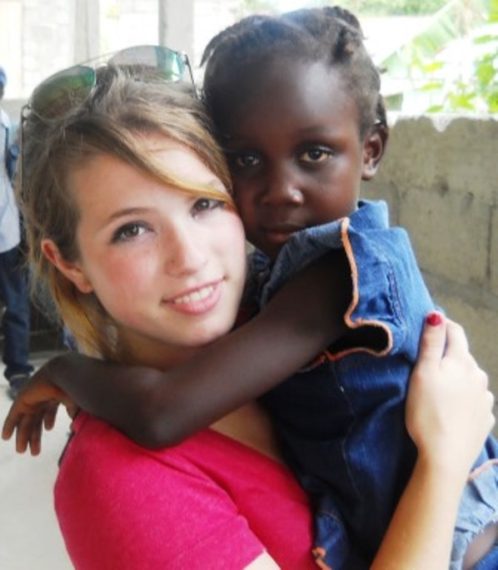
Picking up from the previous post (“Why are things the way they are in Haiti”):
B) Why do things in Haiti seem to never get better, no matter what is done to try to help the people there?
A few observations…
First off, it’s not totally fair to say that “nothing ever gets better,” but it’s definitely like watching the hour-hand on a clock – the movement is so slow that it seems imperceptible. Plus, things in Haiti have always been a “2 steps forward, 1.9 steps back” kind of a process, with frequent setbacks along the way of both human origin (e.g., political corruption) and non-human origin (e.g., the January 2010 earthquake that struck the heart of Port-au-Prince, killing approx. 230,000 people).
Secondly, I hope it made sense from my previous post that, because causality is SO complex and multi-dimensional, there are never going to be any “quick fix, single answer” solutions to the challenges that still exist for the Haitian people.
This is based sheerly on my own personal opinions and observations, but I see a number of significant systemic and societal factors that have always been chronic impediments to lasting change in Haiti – things like:
One final factor – and this is the element that I don’t think any of us could ever fully grasp: The hyper-arousal of basic survival instincts, stemming from the raw realities of living in an environment of true scarcity – where basic day-to-day existence is so harsh, and so severe, and so grueling. For 95+% of the Haitian population, life is a desperate, scratch-and-claw, moment-by-moment fight for survival.
If you’ve ever been on a trip with me you may have heard me talk about this, but even with as much time as I’ve spent in Haiti it’s still very easy for me to feel critical toward certain behaviors and attitudes that we see there sometimes. But I always come back to a realization that really jolted me during one of our earliest trips: One day in Haiti, something got me thinking about the Lord’s prayer, and about Jesus saying “give us this day our daily bread.” And what hit me was the thought: “I have no clue…no idea…no frame of reference at all for what that prayer even means.”
I’ve never had to pray for my daily bread. I’ve never wondered or been uncertain about whether I was going to have enough to eat today, or where my food was going to come from. I have no idea what it would be like to live with that as my constant reality. And having 3 daughters, I’ve also asked myself, “What would I do, what extremes would I go to – what would I fight for, what lines of “morality” would get blurred – to provide for the basic survival of my family?” It’s that set of realizations, more than anything else, that has helped me become much less judgmental of people whose circumstances I know I’m incapable of fully comprehending.
Soon as I can get back to it, I’ll follow up with some thoughts on those other two questions: